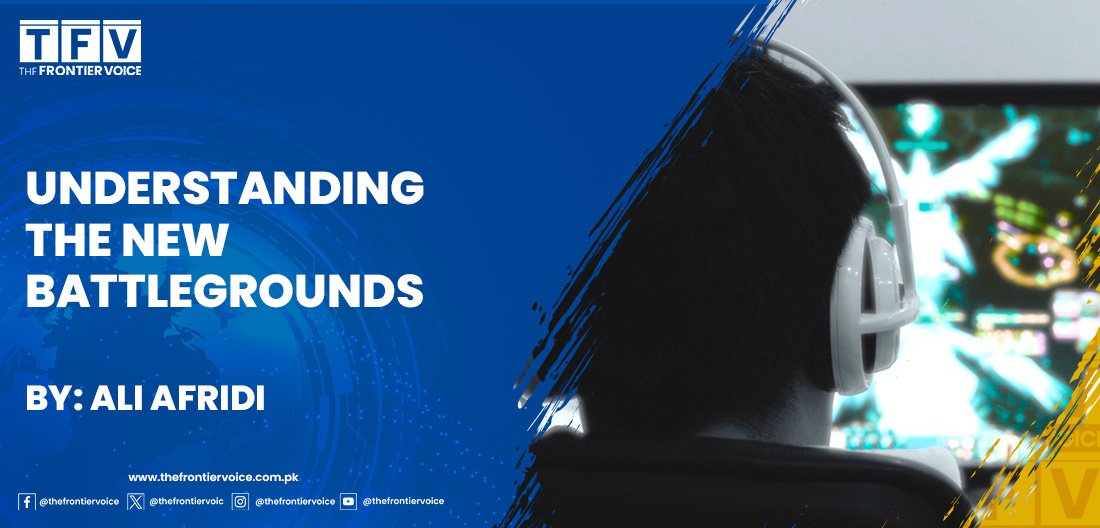POLITICS
Understanding the New Battlegrounds

By: Ali Afridi
In today’s world, global conflicts aren’t just about borders or resources they’re also a battle of ideas. These ideological clashes shape how nations and individuals see the world, respond to threats, and build strategies. If we want to tackle these challenges effectively, we need to focus on the power of narratives and values, especially when dealing with both extremist groups and rival nations.
Why Ideology Matters in Global Conflicts
Ideologies act as a lens, helping people and groups make sense of the world, recognize injustices, and justify their actions. This is particularly true for groups like Al-Qaeda and ISIS. For them, ideology isn’t just a side note it’s their foundation. It unites their members, draws in recruits, and keeps their operations going strong.
What makes their ideologies so appealing? They offer simple answers to complex problems, often casting themselves as champions of justice fighting oppression. For instance, ISIS’s vision of a global caliphate resonated with people searching for purpose and belonging even though its tactics were horrific and inhumane. By tapping into political grievances, economic struggles, and cultural alienation, these groups amplify their message and grow their influence.
How the West Has Responded: Wins and Missed Opportunities
During the Global War on Terror, Western nations, particularly the U.S., began to recognize the role of ideology in modern conflicts. They launched counter-narrative campaigns to promote values like peace and tolerance while exposing extremist rhetoric.But here’s where things went wrong: Western actions sometimes contradicted their own values. Military interventions in places like Iraq, Afghanistan, and Libya were often seen as aggressive, feeding into extremist claims of a war against Islam. Civilian casualties from drone strikes and other operations added to the anger, making it easier for extremist groups to recruit new members. Policies like unwavering support for Israel, despite its controversial actions in Palestinian territories, also hurt the credibility of Western efforts. To many in the Muslim world, these actions seemed to confirm accusations of hypocrisy applying principles like justice and human rights selectively.
State-Driven Ideological Battles
It’s not just non-state actors playing the ideological game. Countries like China, Russia, Iran, and North Korea are also using ideology to push back against Western liberal democracy. Take China, for example. It promotes its governance model as a better alternative, prioritizing economic growth and stability over personal freedoms. Meanwhile, Russia’s concept of “sovereign democracy” challenges Western ideas about how nations should govern themselves. These states use ideology to justify their actions globally and attract allies. China’s Belt and Road Initiative isn’t just about building infrastructure—it’s also about promoting its vision of globalization as an alternative to the West’s.
Walking the Talk
If the West wants to effectively counter these ideological challenges, it needs more than clever campaigns it needs consistent actions. Policies and strategies must align with the values they promote: justice, equality, and human rights. Double standards and hypocrisy only weaken credibility and strengthen opposition narratives. Investing in education, economic opportunities, and open dialogue can tackle the root causes that make extremist ideologies attractive. And when it comes to rival states, finding common ground and areas for cooperation can reduce tensions and foster mutual understanding.
Ideologies are shaping modern conflicts as much as weapons or armies. Whether it’s extremist groups or state actors, the power of narratives is central to their strategies. To counter these challenges, the world needs a balanced approach that prioritizes fairness, consistent governance, and meaningful engagement. Only then can we hope to move toward a more peaceful and secure future.
